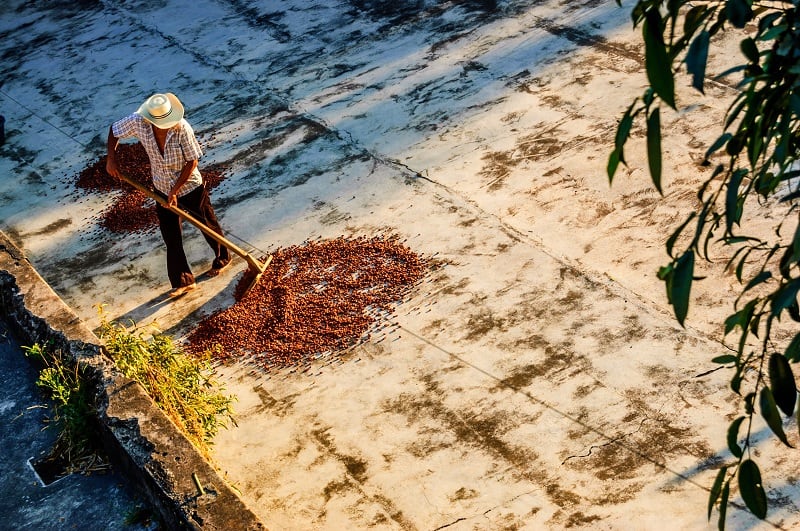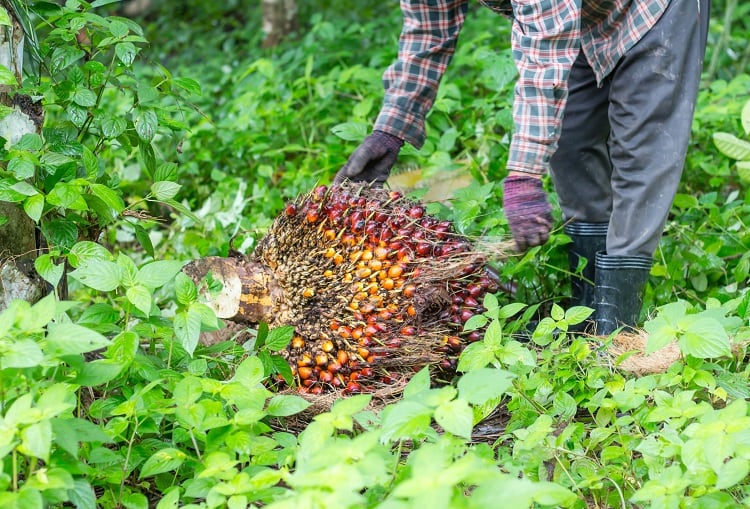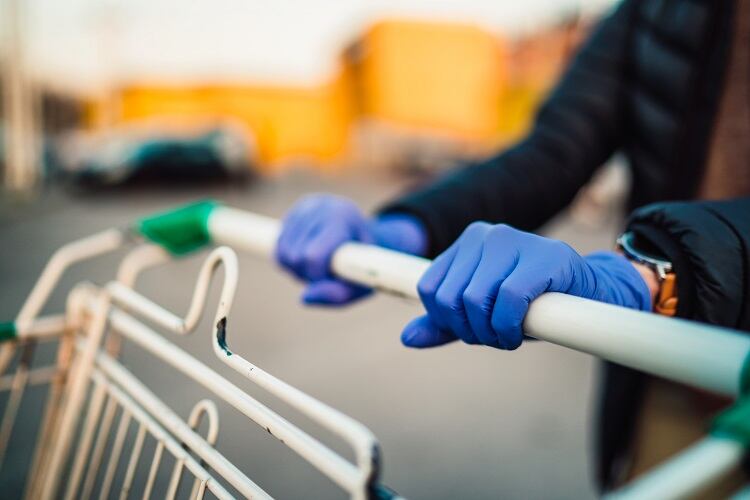In its latest Cocoa & Chocolate 2018-2019 Sustainability Progress Report it outlines how technology can help create a transparent and sustainable supply of cocoa, and help improve the lives of farming communities in the five countries from where it directly sources cocoa – Brazil, Cameroon, Côte d’Ivoire, Ghana and Indonesia.
It said a key milestone was the use of barcoded cocoa bags and digital Cooperative Management Systems (CMS) which meant 50% of sustainable cocoa beans in Cargill’s global direct supply chain are now traceable from farm-to-factory, up from 35% the year previously.
The Cargill CMS is a digital system that enables traceability of the supply chain and provides a full interface between the farmer and the buyer. It enables farmers to manage loans, stalks, collect beans and check fixed versus variable costs.
It has also extended child labour monitoring and remediation systems (CLMRS), initially employed in Côte d’Ivoire, to Ghana and Cameroon, reaching a total of 58,800 farmers in 2018-2019. “This extends the reach from 7% to 29% of the total number of farms in the direct supply chain,” it said.
Meanwhile, GPS polygon mapping (started by field technicians who use GPS devices to collect information about farm boundaries) of 72% of all farmers in the direct supply chain, representing over 400,000 hectares of farmland, was completed, up from 41% in 2017-2018.
Other technological innovations include the Cargill Data Platform, where a wealth of real-time data is captured with the help of digital technology. The data platform currently holds 300 indicators including information on where a farm is located in relation to protected forests and areas of treecover loss. Cargill said that as farmers digitally capture the progress of their cocoa business, they are better connected to input providers and local banks, which contributes to a ‘virtuous cycle for livelihood improvement’.
Cargill is further introducing a customer portal, which provides the option for its customers to ‘easily access sustainability data in an engaging and interactive way’ and ‘give them clearer lines of sight into the cooperatives and communities they are supporting’.
It has also rolled out mobile information services for farmers which it said can significantly transform the way ‘we, and others in the sector, can interact with farmers and farmer organisations’. It added that mobile banking, meanwhile, provides farmers with fair and secure electronic payments.
“Digital tools are providing cooperatives and cocoa farmers with information, such as digital farm development plans and market insights, to help improve their farming practices,” the report said. “In addition, the digital tools serve as a means to communicate with farmers during a crisis, such as the coronavirus pandemic.”
Cargill noted that it sees digitisation ‘driving change across the entire cocoa supply chain’.
“Utilizing the valuable information that is collected will inform on how to achieve the best impact on the ground,” it said. “For this we developed an extensive data platform that has more than 300 data points along the supply chain. We also use this data to inform customers through an interactive customer portal about how collaborative sustainability programs are benefiting farmers and their communities.
“Our journey to a more sustainable, digitally-enabled cocoa supply chain is ongoing. As technology evolves, so do our digital capabilities, which has opened doors to new opportunities and services to bring lasting value to farmers, communities and the environment.”
What about the problem of indirect supply chains?
However, it’s often complained that technological solutions, however effective in tracing direct supply chains where companies have relationships with farmer cooperatives, are limited in indirect supply chains.
Data and insight provider Lumina Intelligence, for instance, has claimed in a report that among the top six chocolate brands and top three suppliers, direct suppliers or farmers with access to company sustainability programmes, likely account for less than 50% of all farmers. The rest, smallholder farmers that sell low volumes of cocoa to middlemen, often grow cocoa under canopy cover, making their actions difficult to detect by technology such as satellite monitoring.
Cargill claims to be addressing the challenge of indirect and disorganised supply chains too. “We are adding due diligence systems into our indirect supply chain, which includes requesting information from Cargill’s suppliers about the processes and procedures that they have in place to evaluate social and environmental risk,” Taco Terheijden, Cargill director of cocoa & chocolate sustainability, told FoodNavigator.
“We are also developing a more robust due diligence system which sets clear guidelines, in line with our code of conduct, to verify and validate their supplier practices. This will entail identifying where the risks are located and engaging supplier partners to increase their own transparency and build their capacity to address common challenges.”
Taco revealed that combining farm, geospatial and household data in the near future would open up an ‘array of possibilities’ in better tracing.
“As intelligence enters the cloud near real-time, we believe data should become increasingly open source to benefit all, especially cocoa farmers,” he said. “We envision making such innovations deployable beyond our direct supply chains, together with partners, in the coming years. This motivates us to continue and scale data and technologies along our supply chain, and we envision it will provide even more benefits for all - including those stakeholders in our indirect supply chains - in the future.”
He added: “We believe that making real progress on sustainability requires maximum transparency and traceability, and technology is moving us closer to this ambition.”





